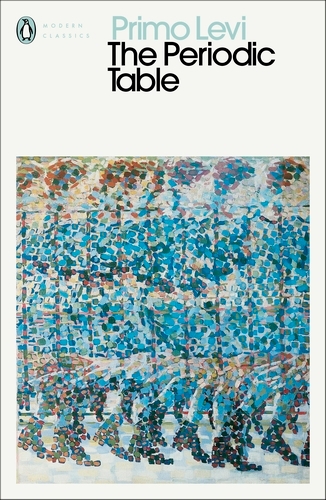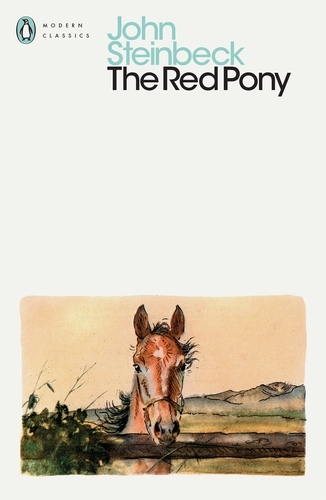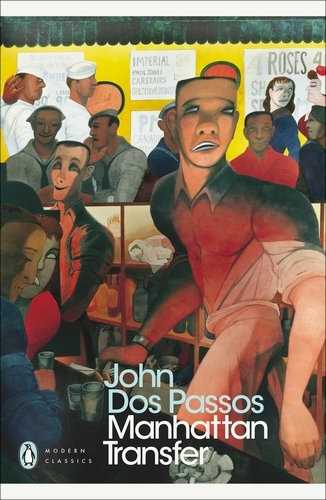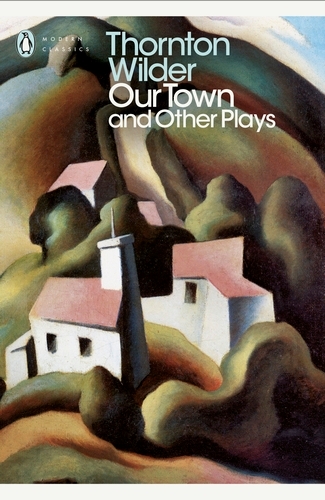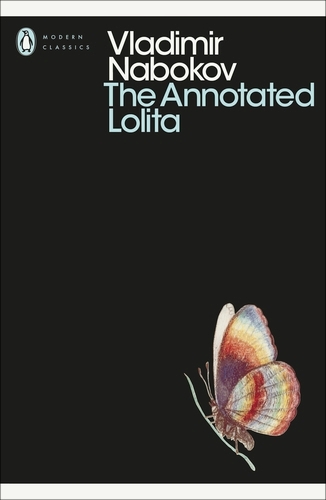Penguin Modern Classics
1281 books in this series
The Periodic Table
A chemist by training, Primo Levi became one of the supreme witnesses to twentieth-century atrocity. In these haunting reflections inspired by the elements of the periodic table, he ranges from young love to political savagery; from the inert gas argon - and 'inert' relatives like the uncle who stayed in bed for twenty-two years - to life-giving carbon. 'Iron' honours the mountain-climbing resistance hero who put iron in Levi's student soul, 'Cerium' recalls the improvised cigarette lighters which saved his life in Auschwitz, while 'Vanadium' describes an eerie post-war correspondence with the man who had been his 'boss' there. All are written with characteristically understated eloquence and shot through with deep humanity.
The Red Pony
Jody Tiflin has the urge for rebellion, but he also wants to be loved. In THE RED PONY, Jody begins to learn about adulthood - its pain, its responsibilities and its problems - through his acceptance of his father's gifts. First he is given a red pony, and later he is promised the colt of a bay mare. Yet both of these gifts bring him tragedy as well as joy, and Jody is taught not only the harsh lessons of life and death, but made painfully aware of the fallibilty of adults.
Selected Poems
Selected Poems brings together some two hundred poems - the largest collection of Borges' poetry ever assembled in English, including many never previously translated. The brilliance of the Spanish originals is matched with luminous English versions rendered by a remarkable cast of translators, among them W.S. Merwin, John Updike, Robert Fitzgerald, Mark Strand and Alastair Reid.
Between the Acts
Outwardly a novel about life in a country-house in whose grounds there is to be a pageant, Between the Acts is also a striking evocation of English experience in the months leading up to the Second World War.
Through dialogue, humour and the passionate musings of the characters, Virginia Woolf explores how a community is formed (and scattered) over time. The pageant, a series of scenes from English history, and the private dramas that go on between the acts, are closely interlinked. Through the figure of Miss La Trobe, and author of the pageant, Virginia Woolf questions imperialist assumptions and, at the same time, re-creates the elusive role of the artist.
Through dialogue, humour and the passionate musings of the characters, Virginia Woolf explores how a community is formed (and scattered) over time. The pageant, a series of scenes from English history, and the private dramas that go on between the acts, are closely interlinked. Through the figure of Miss La Trobe, and author of the pageant, Virginia Woolf questions imperialist assumptions and, at the same time, re-creates the elusive role of the artist.
Huis Clos and Other Plays
These three plays, diverse in subject but thematically coherent, illuminate one of Sartre's major philosophical concerns: the struggle to live and act freely in a complex and constricting world. Lucifer and the Lord, Sartre's favourite among his plays, explores this theme in depth, dealing in the process with fundamental questions of faith and disillusionment; in Huis Clos - arguably Sartre's most important play - he contends that 'Hell is other people', and details the afterlife of three souls trapped together in locked room and the torments that they inflict on each other; while The Respectable Prostitute, set in the Deep South of America, is concerned with racism, subjugation and the demands of conscience.
The Loved One
The more startling for the economy of its prose and plot, this novel's story, set among the manicured lawns and euphemisms of Whispering Glades Memorial Park in Hollywood, satirizes the American way of death and offers Waugh's memento mori.
Manhattan Transfer
A portrait of New York City, drawn by describing the interconnected lives of dozens of people - bankers, chefs, bums, cabdrivers and others. Written in an impressionistic style, with vivid descriptions and bursts of overheard conversation, it has more in common with films than traditional novels.
Our Town and Other Plays
Finding the theatre of the 1920s lacking in bite and conviction, Thornton Wilder set out to bring back realism and to celebrate the innocent, simple and religious. Yet he also tried to endow individual experience with cosmic significance and Our Town is both an affectionate portrait of American life and 'an attempt to find a value above all price for the smallest events in our daily life'. The Skin of our Teeth deals with human survival in a 'comic strip' way, and The Matchmaker is a hilarious farce which urges rebellion against all the constraints that deny a rich, full life.
Rhinoceros, The Chairs, The Lesson
These three great plays by one of the founding fathers of the theatre of the absurd, are alive and kicking with tragedy and humour, bleakness and farce. In Rhinoceros we are shown the innate brutality of people as everyone, except for Berenger, turn into clumsy, unthinking rhinoceroses. The Chairs depicts the futile struggle of two old people to convey the meaning of life to the rest of humanity, while The Lesson is a chilling, but anarchically funny drama of verbal domination. In these three 'antiplays' dream, nonsense and fantasy combine to create an unsettling, bizarre view of society.
The Concept of Mind
This epoch-making book cuts through confused thinking and forces us to re-examine many cherished ideas about knowledge, imagination, consciousness and the intellect. The result is a classic example of philosophy.
Physics and Philosophy
Nobel Prize winner Werner Heisenberg's classic account explains the central ideas of the quantum revolution, and his celebrated Uncertainty Principle. Heisenberg reveals how words and concepts familiar in daily life can lose their meaning in the world of relativity and quantum physics.This in turn has profound philosophical implications for the nature of reality.
The Annotated Lolita
When Lolita was first published in 1955 it created a sensation and established Nabokov as one of the most original prose writers of the twentieth century.
This annotated edition, a revised and considerably expanded version of the 1970 edition, does full justice to the textual riches of Lolita, illuminating the elaborate verbal textures and showing how they contribute to the novel's overall meaning. Alfred Appel, Jr. also provides fresh observations on the novel's artifice, games and verbal patternings and a delightful biographical vignette of Nabokov. The annotations themselves were prepared in consultation with Nabokov while newly identified allusions were confirmed by him during the final years of his life.
This annotated edition, a revised and considerably expanded version of the 1970 edition, does full justice to the textual riches of Lolita, illuminating the elaborate verbal textures and showing how they contribute to the novel's overall meaning. Alfred Appel, Jr. also provides fresh observations on the novel's artifice, games and verbal patternings and a delightful biographical vignette of Nabokov. The annotations themselves were prepared in consultation with Nabokov while newly identified allusions were confirmed by him during the final years of his life.
The Bridge of San Luis Rey
An ancient bridge collapses over a gorge in Peru, hurling five people into the abyss. It seems a meaningless human tragedy. But one witness, a Franciscan monk, believes the deaths might not be as random as they appear. Convinced that the disaster is a punishment sent from Heaven, the monk sets out to discover all he can about the travellers. The five strangers were connected in some way, he thinks. There must be a purpose behind their deaths. But are their lost lives the result of sin? ... Or of love?
Southern Mail / Night Flight
Antoine de Saint-Exupéry, an intrepid and eccentric adventurer, transferred his passion for flying to the written word by writing several classics of aviation literature, including Southern Mail and Night Flight. Based on Saint-Exupéry's trail-blazing flights for the French airmail service over the Sahara and later, the Andes, these two novels evoke the tragic courage and nobility of the airborne pioneers who took enormous risks, flying in open cock-pits in planes that were often fragile and unstable.
Words
After his father's early death Jean-Paul Sartre was brought up at his grandfather's home in a world even then eighty years out of date. In Words Sartre recalls growing up within the confines of French provincialism in the period before the First World War, an illusion-ridden childhood made bearable by his lively imagination and passion for reading and writing. A brilliant work of self-analysis, Words provides an essential background to the philosophy of one of the profoundest thinkers of the twentieth century.
Essays
These essays, reviews and articles illuminate the life and work of one of the most individual writers of this century - a man who created a unique literary manner from the process of thinking aloud and who elevated political writing to an art.
